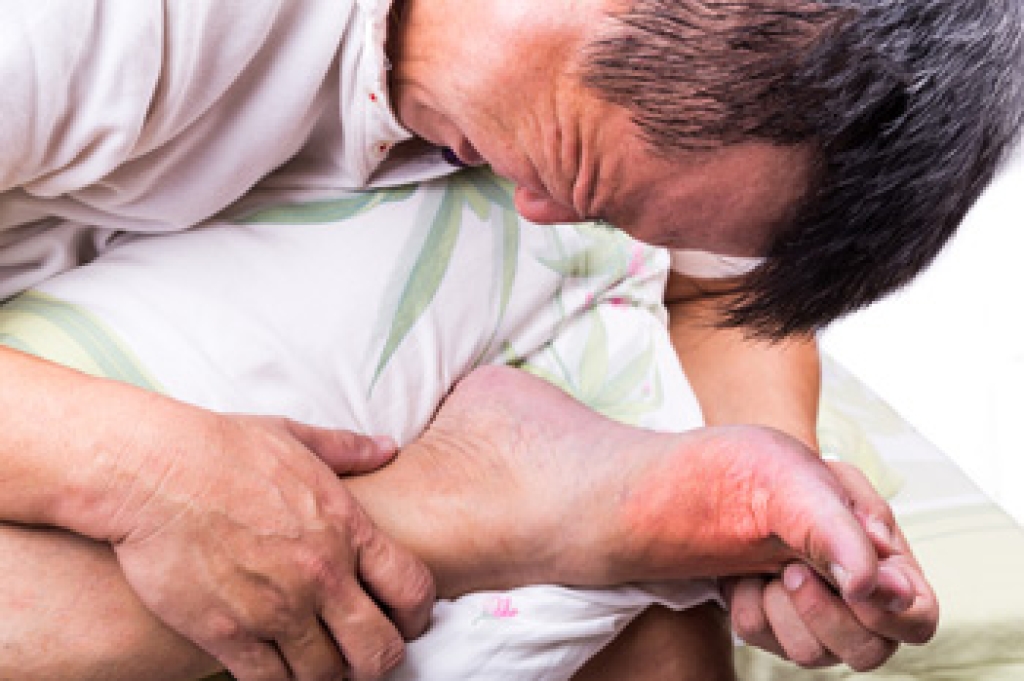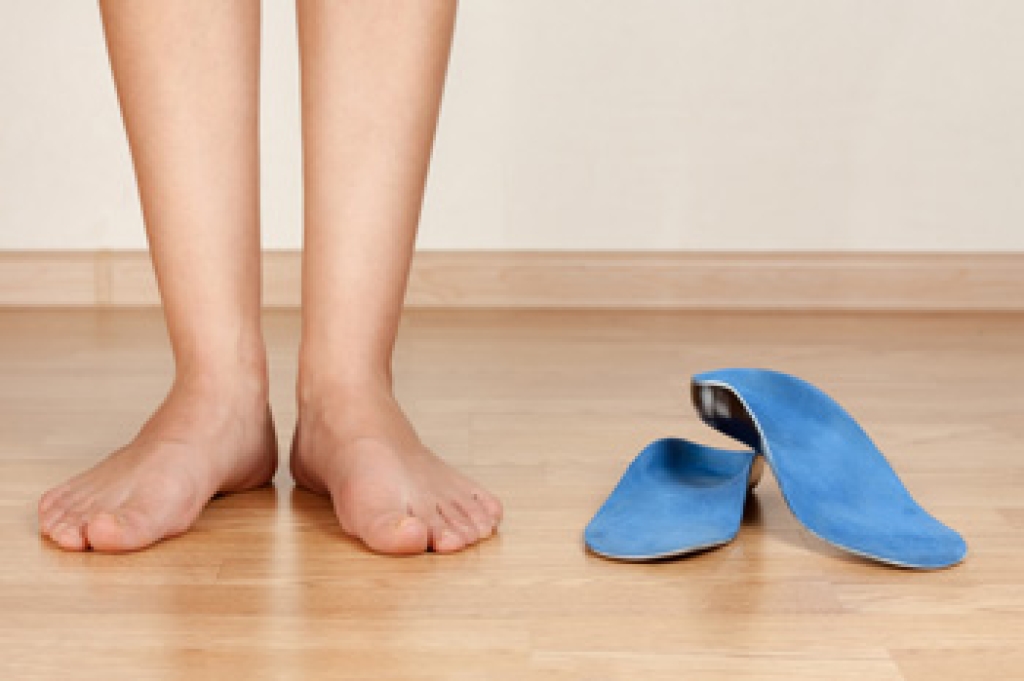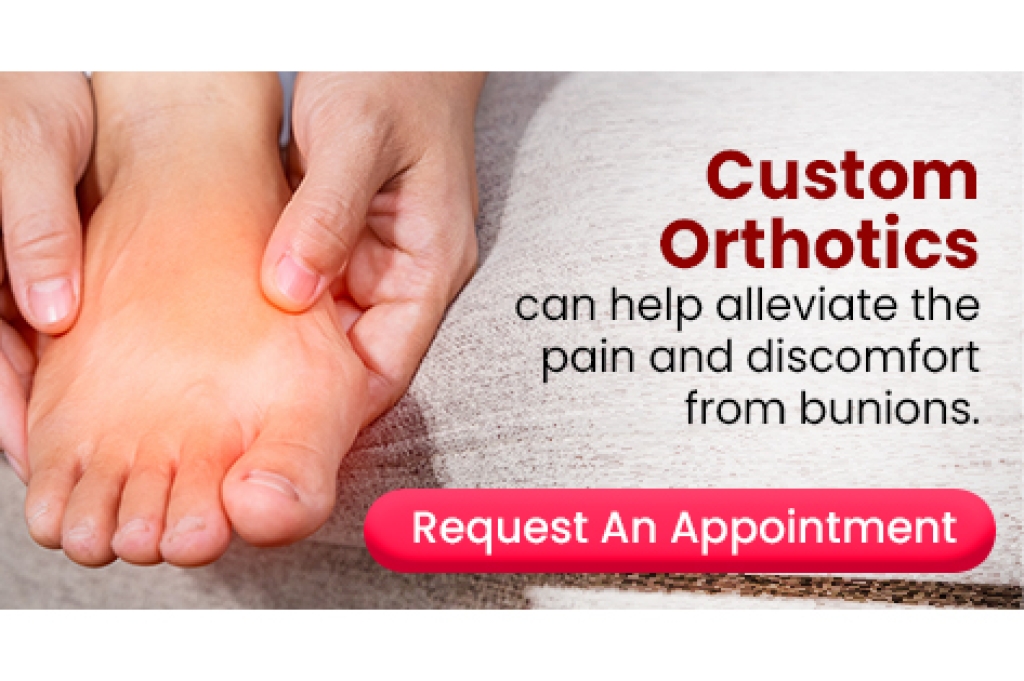
Gout is a form of arthritis characterized by sudden, severe pain, redness, and swelling, often in the big toe. It occurs when uric acid builds up in the blood, forming sharp crystals in the joints. Uric acid is a waste product that typically dissolves in the blood and is excreted through urine, but when levels are too high, it can accumulate and cause painful flare-ups. Gout can be triggered by consuming foods high in purines, such as red meat, shellfish, and alcohol, which increase uric acid levels. Risk factors include genetics, obesity, diabetes, high blood pressure, and certain medications. Diagnosis is typically made through a physical exam, blood tests to measure uric acid levels, and joint fluid analysis. If you have painful gout in your feet, it is suggested that you schedule an appointment with a podiatrist for guidance on how to find relief.
Gout is a foot condition that requires certain treatment and care. If you are seeking treatment, contact one of our podiatrists from Biebel & DeCotiis Podiatry Associates. Our doctors will treat your foot and ankle needs.
What Is Gout?
Gout is a type of arthritis caused by a buildup of uric acid in the bloodstream. It often develops in the foot, especially the big toe area, although it can manifest in other parts of the body as well. Gout can make walking and standing very painful and is especially common in diabetics and the obese.
People typically get gout because of a poor diet. Genetic predisposition is also a factor. The children of parents who have had gout frequently have a chance of developing it themselves.
Gout can easily be identified by redness and inflammation of the big toe and the surrounding areas of the foot. Other symptoms include extreme fatigue, joint pain, and running high fevers. Sometimes corticosteroid drugs can be prescribed to treat gout, but the best way to combat this disease is to get more exercise and eat a better diet.
If you have any questions, please feel free to contact one of our offices located in Holmdel and Middletown, NJ . We offer the newest diagnostic and treatment technologies for all your foot care needs.




